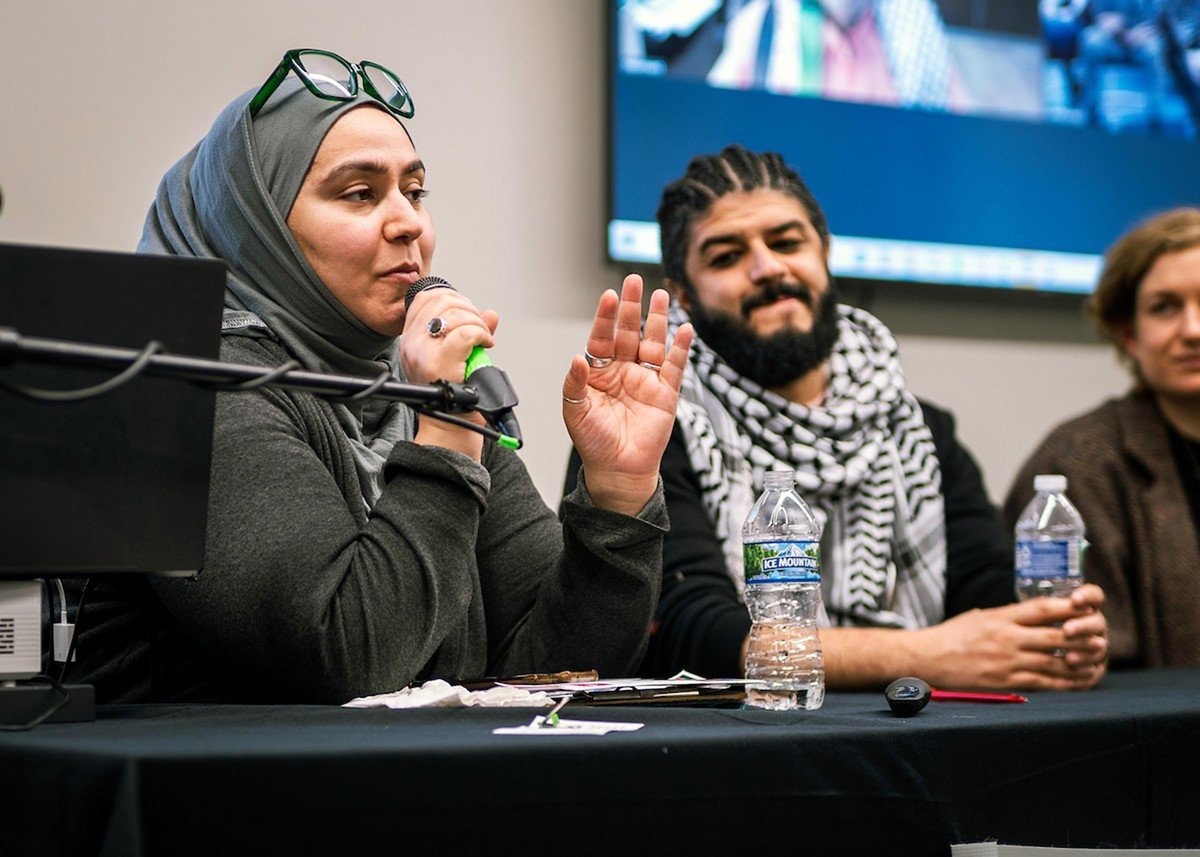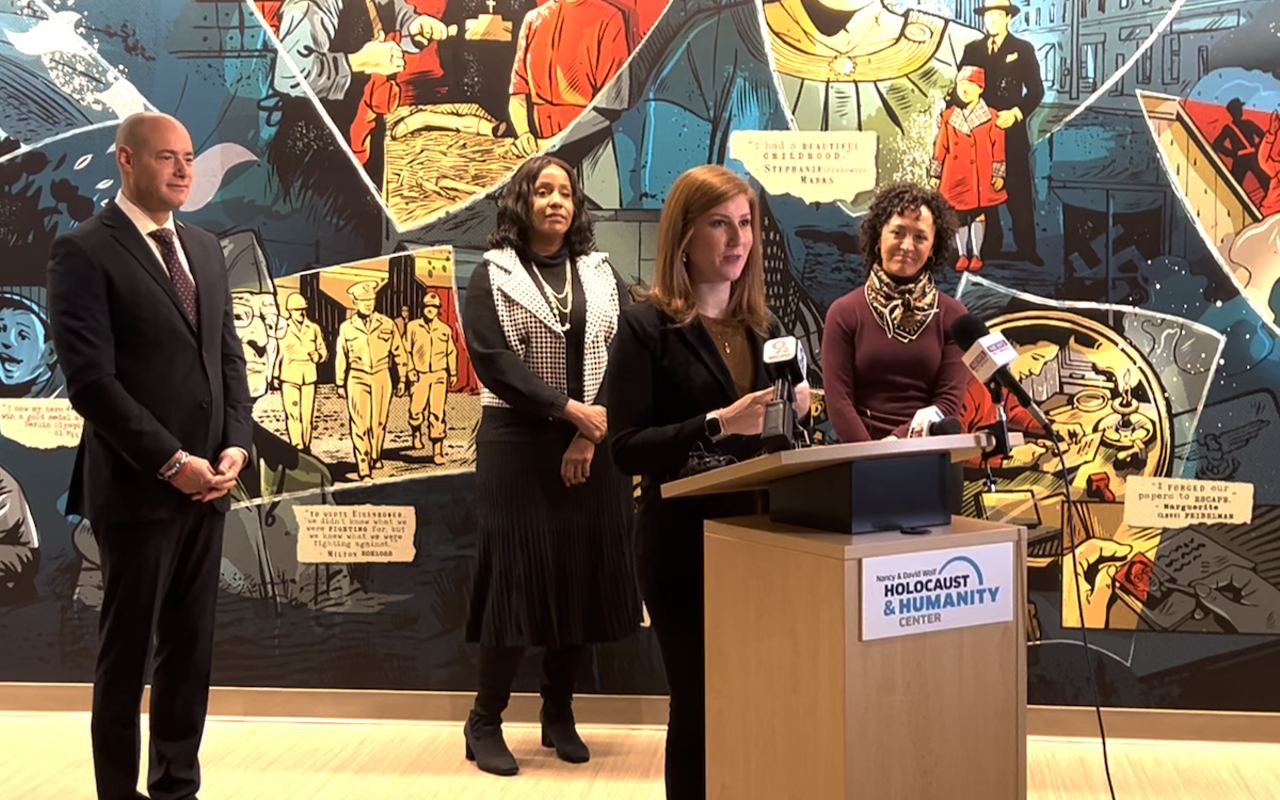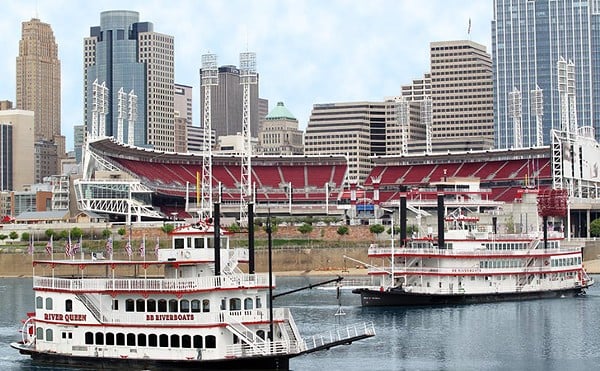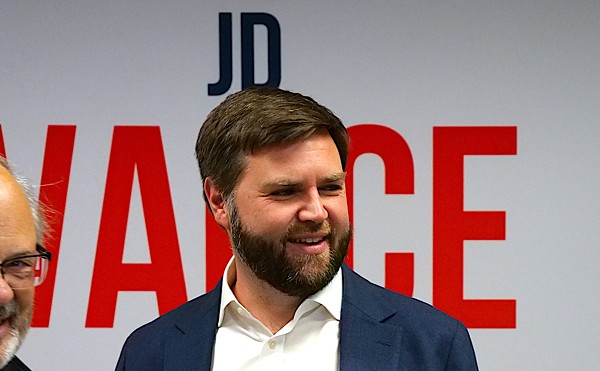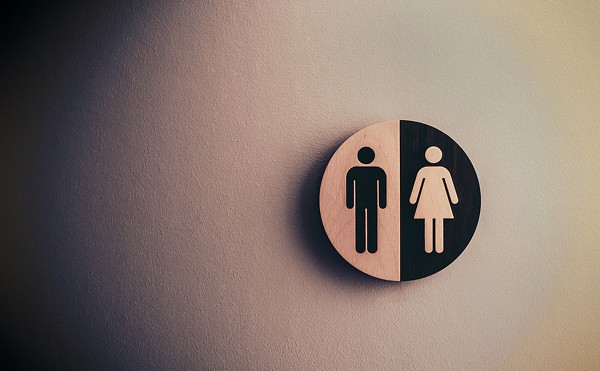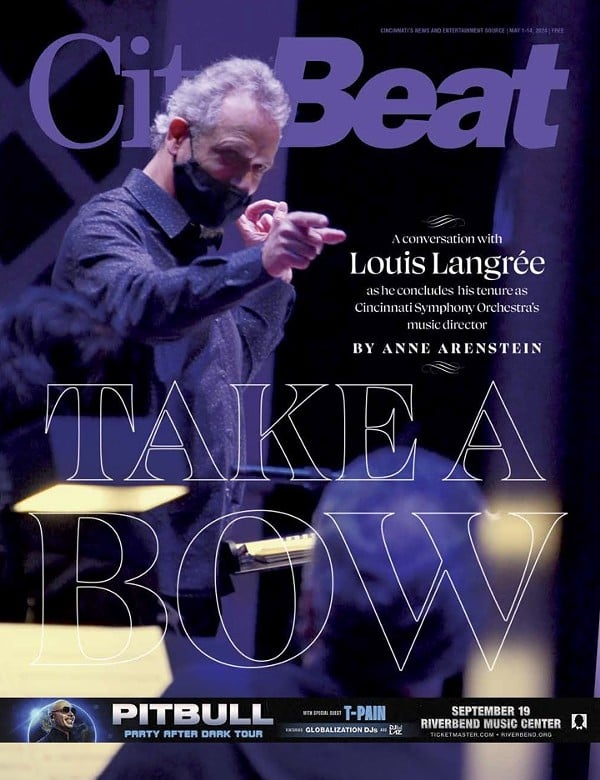The Cincinnati Palestine Solidarity Coalition (CPSC) held their first “Beyond-Borders: Navigating Palestinian Perspectives” panel on Jan. 24, which consisted of Palestinian activists, educators and a Palestinian historian, as well as a 1948 Nakba survivor.
Beyond Borders is a series set to continue after the group’s reintroduction following the events of Oct. 7.
Beyond Borders is a series set to continue after the group’s reintroduction following the events of Oct. 7.
“The coalition was originally established in 2012, and it was a coalition of Palestinian Cincinnatians, their supporters, Jewish folks, Christian folks, so it was very much meant to be an interfaith interracial group that were coalescing under the common goal of Palestinian liberation,” said Kelly Sheehy, a spokesperson for the organization. “After the events of Oct. 7 happened, some of the folks that were involved in that initial iteration decided to reinvigorate the group [after it had gone] a bit dormant.”
The CPSC aims to use the Beyond Borders series as a space for open dialogue and education surrounding the Palestine-Israel conflict, including history lessons as well as audience Q&A segments, and encourages those who may or may not be informed about the topic to come and participate.
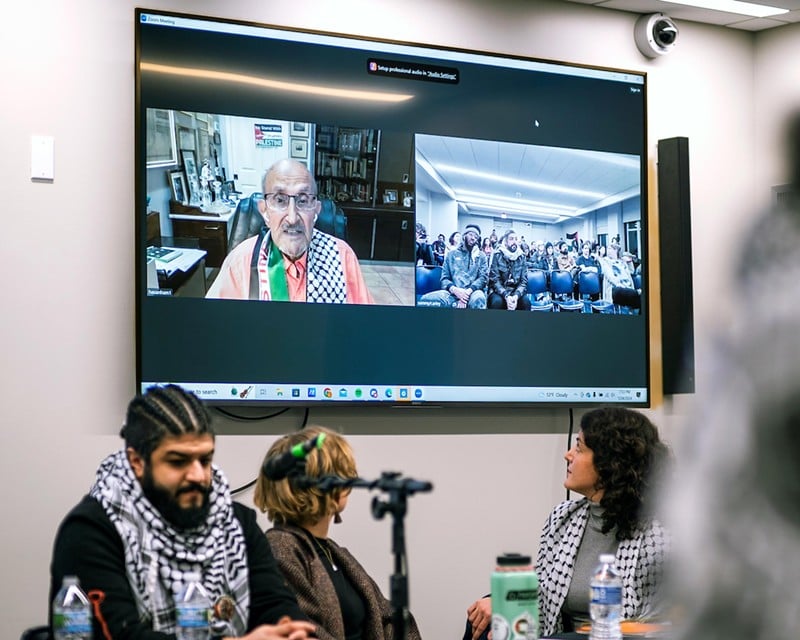
Photo: Aidan Mahoney
Hasan Hammami is a 91-year-old Palestinian-American from Jaffa and survivor of the 1948 Nakba.
Hasan Hammami, a 91-year-old Palestinian-American from Jaffa and survivor of the Nakba, or the mass displacement of Palestinians during the 1948 Arab-Israeli war, spoke at the panel. Hammami chronicled his living historical experience as a teenager in Palestine in the 1940s.
“In 1948, on a personal level, I went to an all-boys school in Jaffa and the other boys in that all-boys school were Palestinian Christians, Palestinian Muslims, and Palestinian Jews. Let that sink in for a minute,” he said. “The number of dead Palestinians in 1948 were approximately 50 thousand people out of one and a quarter million people – that was 3%. The number of dead Palestinians in Gaza and in [the] West Bank since – just in the current affair since Oct. 7 – is nearly 30 thousand.”
The panel event was a clear sign to Sheehy that there is a demand for education opportunities to learn more about the Palestinian people. The Jan. 24 event was standing-room only after the reservations reached capacity within two days of its announcement.
“The goal of these events, this series of events is to start the conversation, is to educate,” said Sheehy. “Because a lot of people are coming into this, like, 'Well, I don't know enough about this situation to comment,' or, 'I don't want to be considered antisemitic if I point to the fact that what's happening in Palestine is wrong,'” she added.
Local leaders, including from the The Nancy & David Wolf Holocaust & Humanity Center and Congressman Greg Landsman, have come out against using words like “genocide” and criticizing Zionism as antisemetic, but Sheehy said there is room for critique while supporting peace for all.
“The coalition’s stance is that we take a very firm stance against antisemitism. We also believe that anti-Zionism is not antisemitism,” she said. “In the history of the Jewish faith, Zionism is a newer construct, that is particularly a colonial construct, and we very much take the stance that we do not tolerate any hatred, oppression, violence towards any group of people.”
Subscribe to CityBeat newsletters.
Follow us: Apple News | Google News | NewsBreak | Reddit | Instagram | Facebook | Twitter | Or sign up for our RSS Feed
Follow us: Apple News | Google News | NewsBreak | Reddit | Instagram | Facebook | Twitter | Or sign up for our RSS Feed

